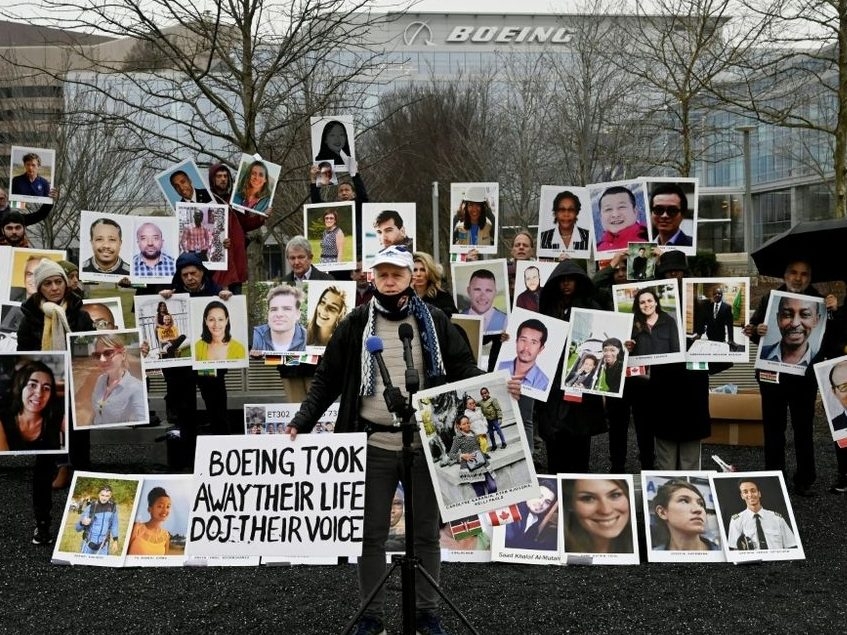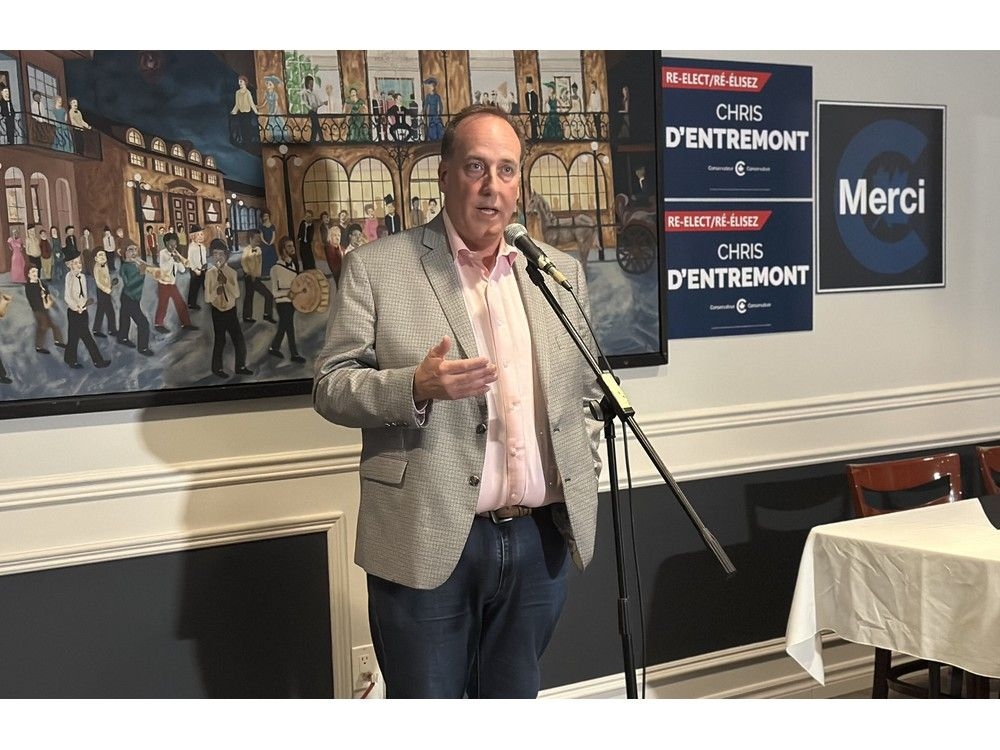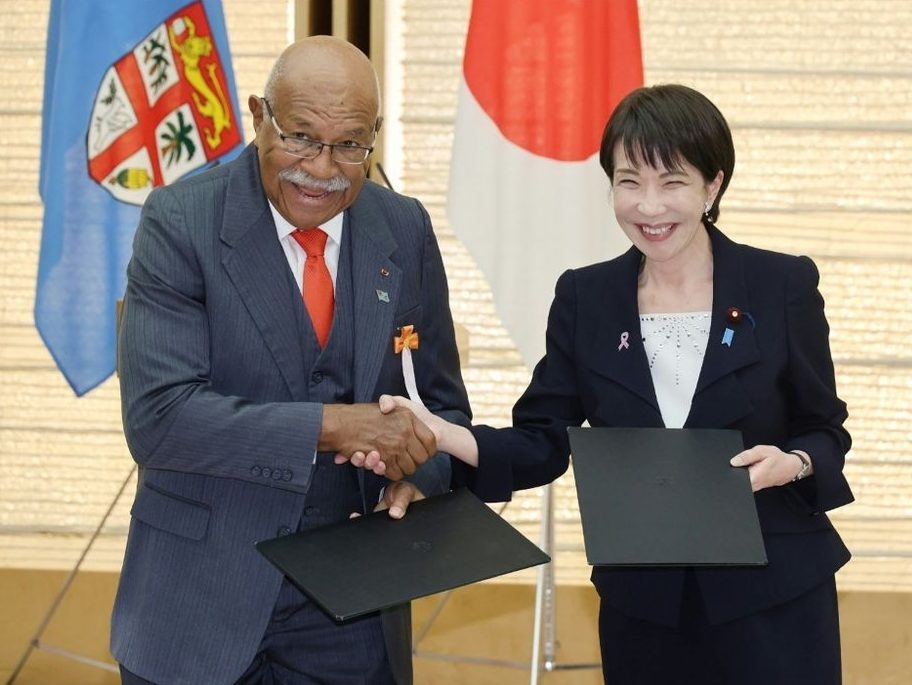A Chicago jury delivered a verdict Wednesday, holding Boeing accountable for the tragic death of Shikha Garg, a young newlywed from New Delhi. The award of $28.45 million marks the first civil trial outcome stemming from the devastating 2019 Ethiopian Airlines crash, a disaster that claimed 157 lives.
Shikha Garg was among those lost when Ethiopian Airlines Flight 302 plummeted from the sky just six minutes after takeoff from Addis Ababa, en route to Nairobi. The crash, and a prior one involving Lion Air in 2018, exposed critical flaws in the Boeing 737 MAX aircraft, ultimately grounding the fleet worldwide.
The jury’s decision broke down to $10 million for the profound grief experienced by her widower, Soumya Bhattacharya, and another $10 million recognizing the pain and suffering Garg endured before her death. Additional compensation was also awarded, acknowledging the immense loss to her family.

Bhattacharya, visibly moved by the verdict, expressed his satisfaction. “We happily accept the verdict,” he stated, affirming their faith in the justice system after pursuing a full trial. The outcome represents a significant moment in the ongoing legal battles against the aircraft manufacturer.
Boeing acknowledged the immense sorrow caused by the crashes, offering a statement of regret. The company emphasized its commitment to resolving claims, noting that while many have been settled, families retain the right to seek justice through trials.
The trial itself centered on the appropriate amount of damages, with Bhattacharya’s legal team arguing for a sum between $80 and $230 million. Boeing’s counsel countered with a proposal of $11.95 million, leading to a tense deliberation for the jury.
During closing arguments, Boeing’s attorney, Dan Webb, directly apologized to Bhattacharya in the courtroom, underscoring the company’s remorse. He urged the jury to focus solely on fair and reasonable compensation, cautioning against allowing sympathy to influence their decision.
Plaintiffs’ attorney Shanin Specter powerfully reminded the jury of the future stolen from both Garg and her husband. He highlighted Bhattacharya’s testimony, describing his late wife as a brilliant professional dedicated to renewable energy, a future they would now never share.
Shikha Garg was a consultant for the United Nations Development Program, traveling to Nairobi to participate in a UN Environment Assembly. Her marriage was just three months old, and the couple had originally planned to travel together, a trip tragically altered by a last-minute meeting for Bhattacharya.
The weight of that lost potential resonated deeply throughout the trial. Specter emphasized the profound grief of a husband robbed of witnessing his wife’s accomplishments, a future irrevocably altered by the devastating crash.
This verdict, the first of its kind to be decided by a jury, sets a precedent for the remaining cases stemming from the 737 MAX tragedies. It serves as a stark reminder of the human cost of the accidents and the enduring pain of those left behind.





